As the most expensive part of a vacation, accommodations tend to take up most of your budget when you plan a trip. Japan also happens to fall towards the high end of the cost-of-living spectrum compared to other countries. However, there are several options for getting free housing during your stay in Japan, and some will even pay you in exchange for a little light work.
- Couchsurfing: Free Housing Worldwide
- Work Exchange at Farms and Hostels
- House Sitting and House Swap
- Staying for Free with a Local!
Couchsurfing: Free Housing Worldwide
Couchsurfing is the most popular option among the travel communities on the world wide web. Launched in 2004, this innovative website connects travelers and hosts willing to have tourists stay with them free of charge. The perks of choosing Couchsurfing instead of a conventional hotel are the cost of the service (it’s completely FREE!) and getting to experience life with a local host or family. All you need to do is sign up on the website, create your profile, and contact potential hosts in your desired city, such as Tokyo.
Make no mistake, this is not a hotel. Since you will be staying with a local in a regular house, you will need to comply with your host’s rules. You might have to share a room, sleep on a couch or commute to the city centre, but it will be worth it in the end. If you’re willing to give up the standard conveniences of a hotel and you want to meet people from other countries, all while dramatically lowering the cost of your trip, Couchsurfing is the right choice for you!
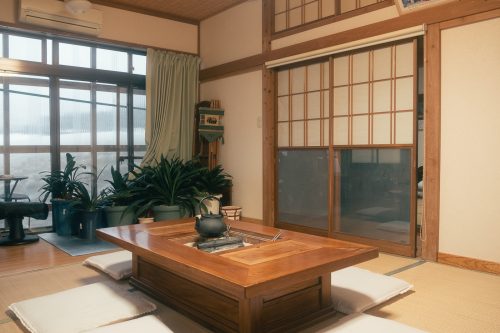
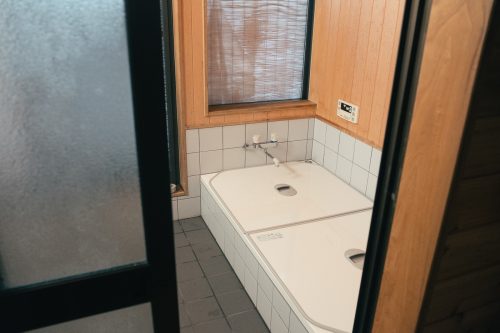
Work Exchange at Farms and Hostels
Online, cultural exchange platforms like Workaway and Helpx have been gaining popularity in recent years among avid travelers who wish to stay overseas for long periods of time. Similar to Couchsurfing, these online platforms allow hosts and adventurers to meet and get in touch with each other. In this case, accommodations come with two requirements:
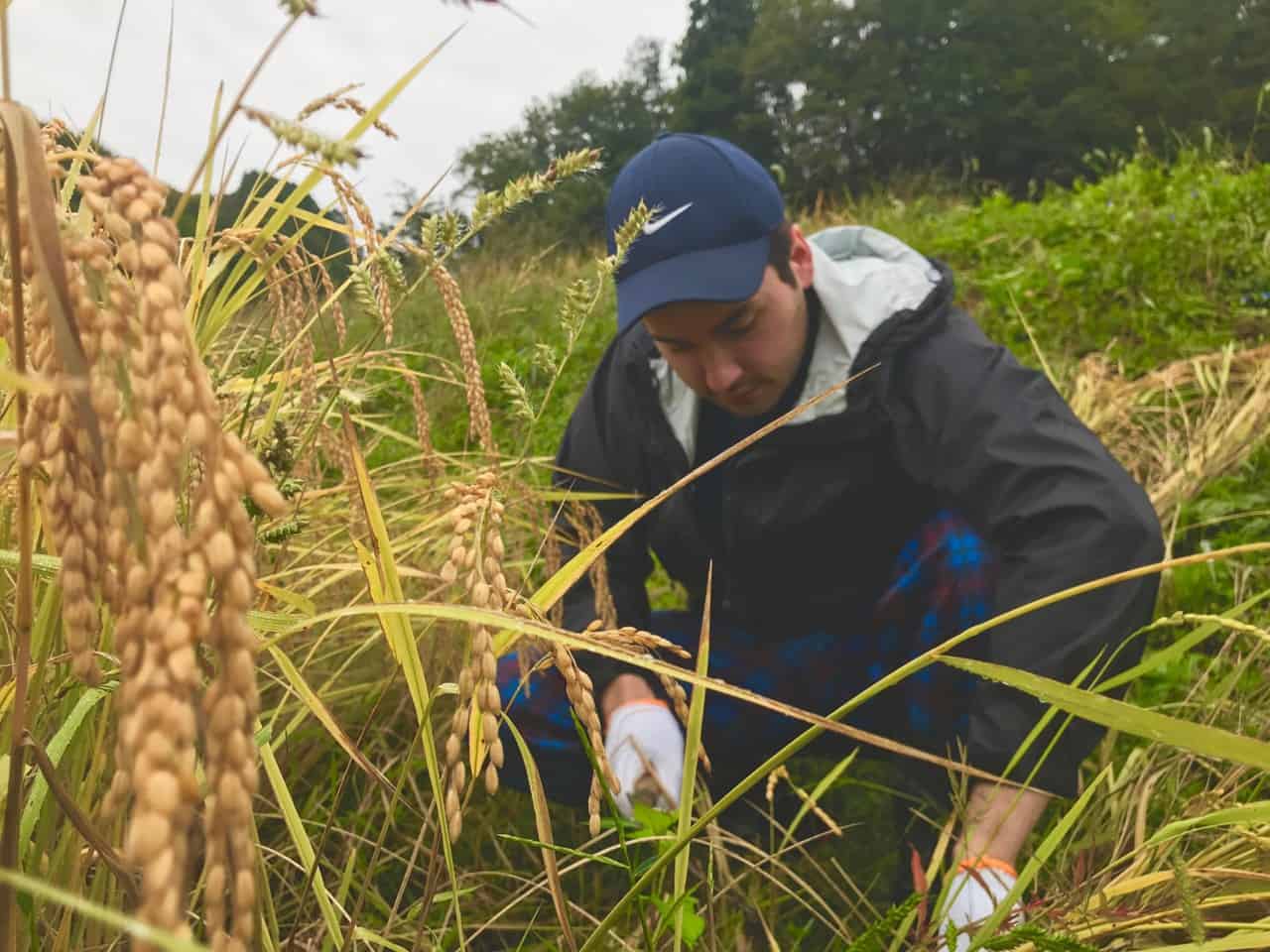
- You must carry out some easy, unpaid work at your placement (often at a house, hostel or farm.) Typical work exchange jobs involve light housekeeping, gardening, house restoration/painting, language teaching, pet sitting, etc.
- In most cases, you will be asked to commit to at least one month.
Usually, volunteers are only required to work for about 3-4 hours a day, 3-4 days a week, meaning you will have plenty of time to go explore the area and travel to nearby cities. Moreover, most hosts will be happy to show you around themselves. The idea behind the project is for both parties to learn from the experience and make friends of all nationalities. Sounds good, right?
In order for you to apply for a work placement at either of these websites, you will need to pay a small fee in advance (less than $35) which will grant you unlimited access to all vacancies for up to one or two years. Furthermore, some hosts welcome couples, families and groups of friends traveling together. You can even sign up as a couple and get a discount on your fee! And some work exchanges even pay a small stipend for your help!
Similarly, WWOOF, one of the pioneering work exchange websites, offers opportunities in organic farms worldwide. With this site you’ll receive free housing in exchange for some help with daily tasks, such as gardening, cutting wood, harvesting, feeding animals, or cheese/bread-making, etc.
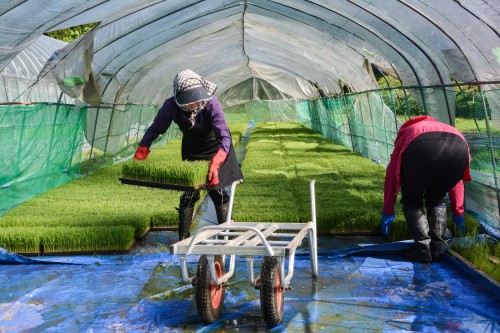
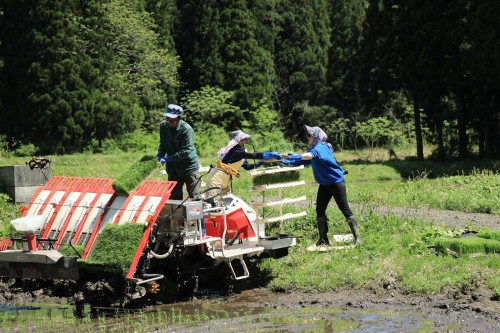
Be aware that for most work exchange programs you will most likely have to share a room and bathroom with other volunteers. However, you will be able to stay in your desired destination (Japan, in this case) for as long as your visa and your host allow you to.
House Sitting and House Swap
House sitting and house swapping are possibly the easiest, most convenient way to find free housing in Japan. House sitting is the practice of watching a person’s house while they are away for short or long periods of time, allowing you to stay in someone else’s house for free without any major responsibilities. Most hosts are people who travel often and would rather leave their house in the hands of a stranger so as not to attract burglars. Pet sitting is often a part of the deal as well. This is the perfect accommodation for solo travelers and animal lovers! Trusted House Sitters is one of the biggest networks for house sitting placements. A monthly fee of $8 is required to access the service. Everything else is free of charge.
If you have your own house, you might want to try house swapping instead. In this case, you will allow a tourist to stay at your place while you stay at theirs. Specific terms and duration of the stay will be discussed between both parties. Home Exchange, Love Home Swap and Guardian Home Exchange are some of the websites which offer this service, some of which, include ads from Japan.
Stay for Free with a Local!
Not all opportunities get posted online, especially in a country like Japan, where rural areas rarely use the Internet for tourist promotion. During my trip across Wakayama Prefecture, I was lucky enough to end up staying in a traditional, wooden house with a Buddhist monk and Shugendo practitioner who kindly offered me room and board for a few days. In fact, that’s a common practice in his household; any traveler who happens to stumble upon his property will get a futon, a shower, and a bowl of locally-grown rice, no questions asked. I wasn’t the only tourist in the house at the time. I shared amenities with a few Korean backpackers and a Japanese-British family. That was, definitely, one of the highlights of my trip around the Kumano area.
Not far from there, I came across another free housing option in the lush mountains of Kumano. This time I found an isolated farm, café and B&B run by a sweet elderly couple who always offer work exchange opportunities for young, international backpackers. I received free housing in their historic, wooden B&B in exchange for some help with the chickens in the adjacent egg farm. Easy breezy.
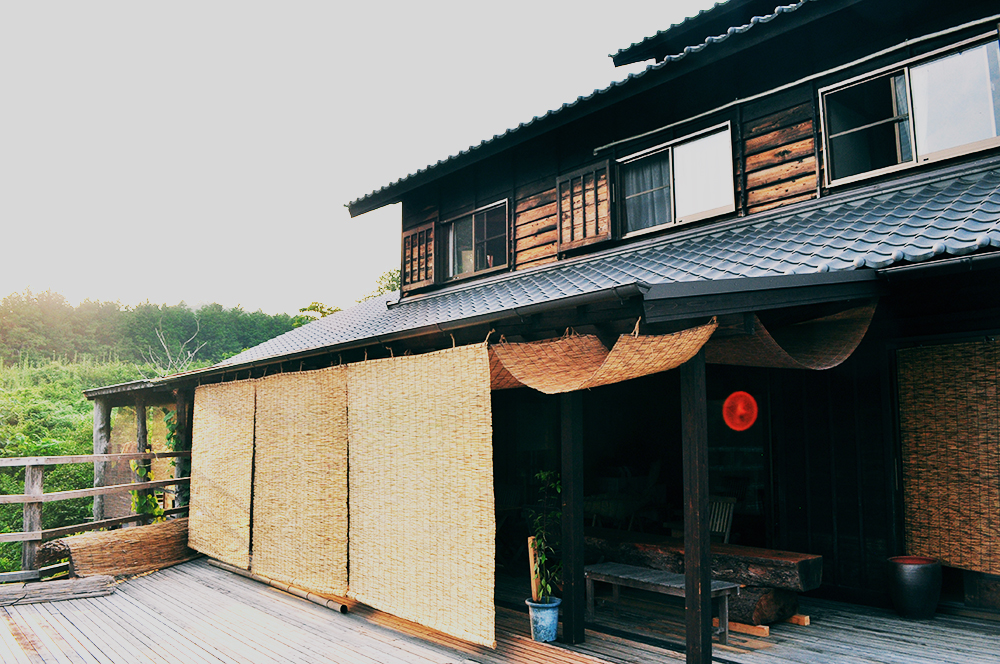
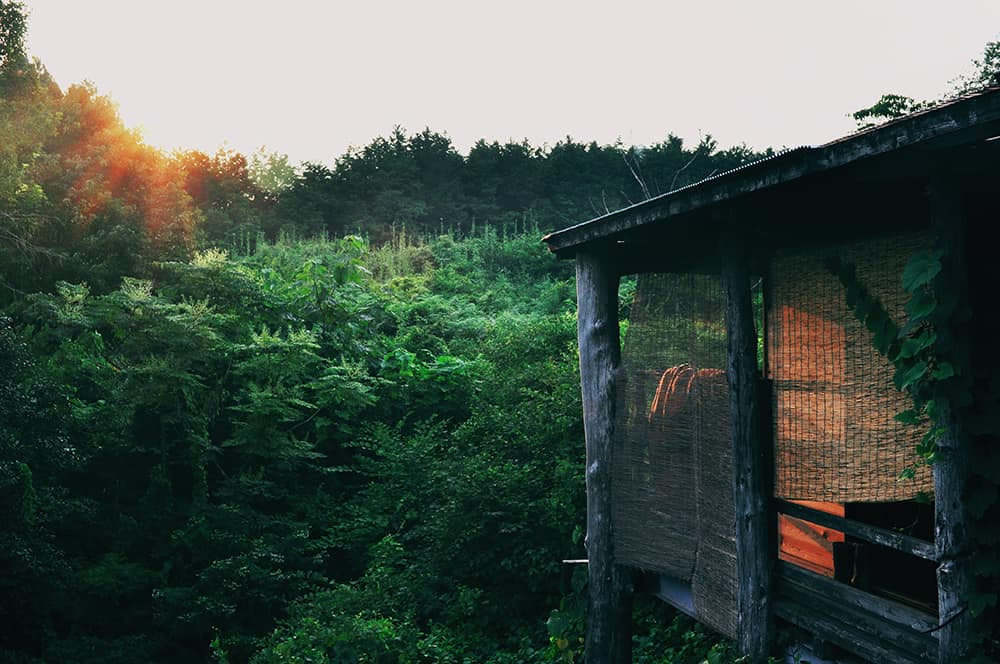
Unfortunately, there’s no information online about these places, since they’re not officially established lodging buildings. That means that, if you’re interested in staying at any of these places, you will have to rely on your own luck or your research skills to find these locations. Fortunately for you, Japan is full of kind-hearted, hospitable people willing to make international tourists feel at home.
When staying with a local in Japan, always remember to follow good houseguest etiquette: don’t wear shoes in the house, don’t smoke indoors unless otherwise stated, try not to make a lot of noise, etc. And don’t forget to bring an omiyage (a small gift) for your host! Japanese people are extremely respectful and welcoming of foreign visitors, and it’s only right for you to return the favor by being the best, most considerate guest you could possibly be. Have fun!
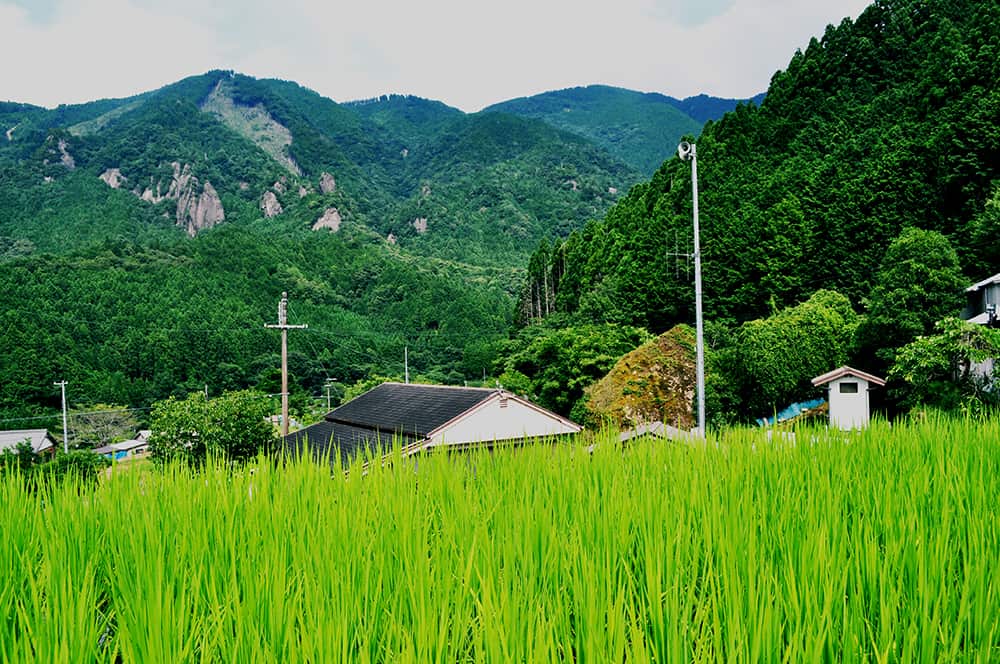







So nice article! Japan is so good country for travelling.